Today’s Sober Story comes from David, a 65-year-old based in Valencia Spain.
=========
Mrs D: How long have you been in recovery?
David: 19 years
Mrs D: What can you tell us about the last months/years of your drinking before you gave up?
David: I had been warned about being drunk at work since my late 20s after my career peaked. I still had a job, just, as deputy editor on a trade magazine. I had a nickname Lord Shoelace because I would make up errands like “popping out to buy some shoelaces” when I was going to the pub. I thought I was free and could go anywhere and do anything, but I was chained to a bar stool. I’d lost my driving licence, again, and was falling off my bike. I was the best customer of a seamstress down the road who did invisible mending, after I had fallen into hedges and such, but it was becoming more difficult to achieve invisibility – my jacket was more like Frankenstein’s monster. My wife had said she wished I wouldn’t get drunk in the house so I was staying in hotels at weekends and getting blotto on my own.
Mrs D: What was the final straw that led you to get sober?
David: My wife said: please don’t come back to the house until you’ve done something about your drinking. I think she’d consulted Al Anon and rephrased her request to make it watertight. My doctor sent me to a psychiatrist who diagnosed depression but when the medication kicked in, the side-effects were horrendous so I threw away the tablets and asked to go on the stop drinking course at the clinic – one day a week as an inpatient. You had to go to AA as well. The lady running the course said how about tonight? I said that’s a bit sudden. She employed child psychology and said: You’re not going to go, are you? I thought she’s not telling me I won’t go and I said: Yes, I will go. Incidentally it wasn’t long before I was doing the process for myself – no one else – it was a matter of life and death and a survival instinct had kicked in.
Mrs D: How was it for you in the early days? What was most difficult?
David: It was in the winter. Most difficult was looking through a pub window at a roaring fire and pulling myself away – walking on by. I challenged the thought of a drink in my head. I told it to f. off. I had been told that if you let the seed of a craving take root you’ll find yourself in a bar in a week’s time. I played the video through to the end. I didn’t just picture myself at the bar sipping Champagne with a pretty girl. I asked myself, how much would you drink? How much harm would you do to yourself and others? What ditch would you be found in, dead, in six months’ time?
Mrs D: What reaction did you get from family & friends when you started getting sober?
David: Support. My parents paid the rehab bills. My wife and son went to a family group. My brothers went to it once. My wife offered to ask me if it was all right for her to have a drink if we were out. Only once did I say I was uncomfortable and after a while I said no need to ask anymore. I made new friends at the clinic and in AA straight away.
Mrs D: Experts say relapse is often a part of recovery, was it a feature of yours?
David: No, I was lucky
Mrs D: How long did it take for things to start to calm down for you emotionally & physically?
David: The emotional numbness saw me through the first months. I was told I didn’t need to be guilty about the bad things I’d done through drink because it was an illness. We had a feelings group at the clinic and no one had a clue what it was about. Six months in the numbness was clearing and I could see a physical improvement. I’d been swimming an hour, or a mile, every morning and the exercise buzz saw me through to the next morning. At this stage the emotional volcano erupted. I became very angry, but so did everyone else in the feelings group. Everybody wept, the women apologised and the men didn’t. IT WAS OK FOR A MAN TO CRY. The guilt kicked in again and I realised it was an AA con trick to get you through the door, this no guilt thing. It was OK, though. By now I had other reasons for staying like my physical well-being, my mind was clearing and my brain worked better than for a long time. I got a much better job. Things were looking up for the first time in years. After two years I’d estimate the Post Traumatic Stress Disorder had been dealt with and I was content that I could deal with any cravings through the methods I had learned. The guilt didn’t actually go until about year 8. I had been physically abusive to my first wife and it wasn’t until I could see I was a different person, I’d changed, and I knew I wouldn’t do those things again that the guilt lifted. Amends to those close, like my first wife, are an ongoing process.
Mrs D: How hard was it getting used to socialising sober?
David: Not hard because I followed advice like: always have an escape route. I found all I had to say was “I don’t drink, have you got a Coke Light?” Every Friday night I joined my work team at the pub. My sponsors advice was: “Buy the first round and leave as soon as you like. As long as you buy that round, no one will remember when you left.” It was true. I still don’t go into a bar unless I have a reason other than drinking.
Mrs D: Was there anything surprising that you learned about yourself when you stopped drinking?
David: Only that I still liked the same things such as watching cricket, but now without a drink.
Mrs D: How did your life change?
David: My family stopped being afraid of me. They started loving me. My career had a late flourish. I was self-employed for about 10 years and then for the past two-and-a-half years I’ve been writing my first novel. Instead of deluding myself that I’m free when I’m chained to a barstool, now I’m living my dreams, writing books and travelling.
Mrs D: What are the main benefits that emerged for you from getting sober?
David: I have this amazing set of moral values now. I don’t tell other people what to do or let anyone tell me. I think problems through and in matters that require someone else’s decision. I prepare the information and/or make my best case and then I let them make the decision free of manipulation, blackmail, pressure etc. The result really IS mostly better than I expected. Partly this is due to low expectations. I’m told no expectations is better still because an expectation is a resentment in the making, but of course I’m no saint. I’m just improving all the time bit by bit.
Mrs D: Would you do anything differently given the chance to go through the process again?
David: No, but I’m still going through the process. It’s a continual journey of self-development. Otherwise I’d get bored and leave AA. I would like to have had the chance to get involved with wAAft sooner. That is We Agnostics, Atheists and Freethinkers in AA. But the inaugural convention was in Santa Monica last year. The next one will be in Austin, Texas in November 2016.
Mrs D: What advice or tips would you have for those who are just starting on this journey?
David: Take it seriously. If you’re in AA don’t believe members who say you don’t need to read the books, work the steps or get a sponsor. When someone says that, ask yourself: “Do they seem to have contented sobriety or are they closer to white-knuckling it?”
Mrs D: Anything else you’d like to share?
David: I heard someone share in Florida one time as follows. He suggested that in any organisation, be it AA or the Christian church as examples, the new member should adopt the ‘official’ steps or commandments as set out like the 12 steps or 10 commandments. Secondly, members should question the steps/commandments to see if they sit well with what the member believes. If not allowed to question the basic process in this way, then the organisation is a cult, and no sane person should remain a member. Thirdly, write your own steps.
Remember AA is not a religious program. I have a dream that one day in AA meetings the word god will not be mentioned and we will all talk about alcoholism, helping each other as best we can. Some members are incredibly selfish and only seem to do the first eleven steps. Einstein said: “To help each other, that is the answer to the question ‘why are we here’?” A friend of mine called Tim who died sober always said to a sponsee in trouble: “Who are you helping?”
Around 10 years in it dawned on me that I ought to start doing something about the program being “A bridge to normal living.” Nearly all my friends were AA members. So I have done something about that over the past seven years and extended the idea of helping others to helping anyone, not just alcoholics. Once members have solid sobriety under their belt and have done service in AA they might ask themselves if they’re ready to take on the wider world as well.
==========
David writes under the pen name Vince Hawkins. His book An Atheists Unofficial Guide to AA was published in 2011. Visit his website here.

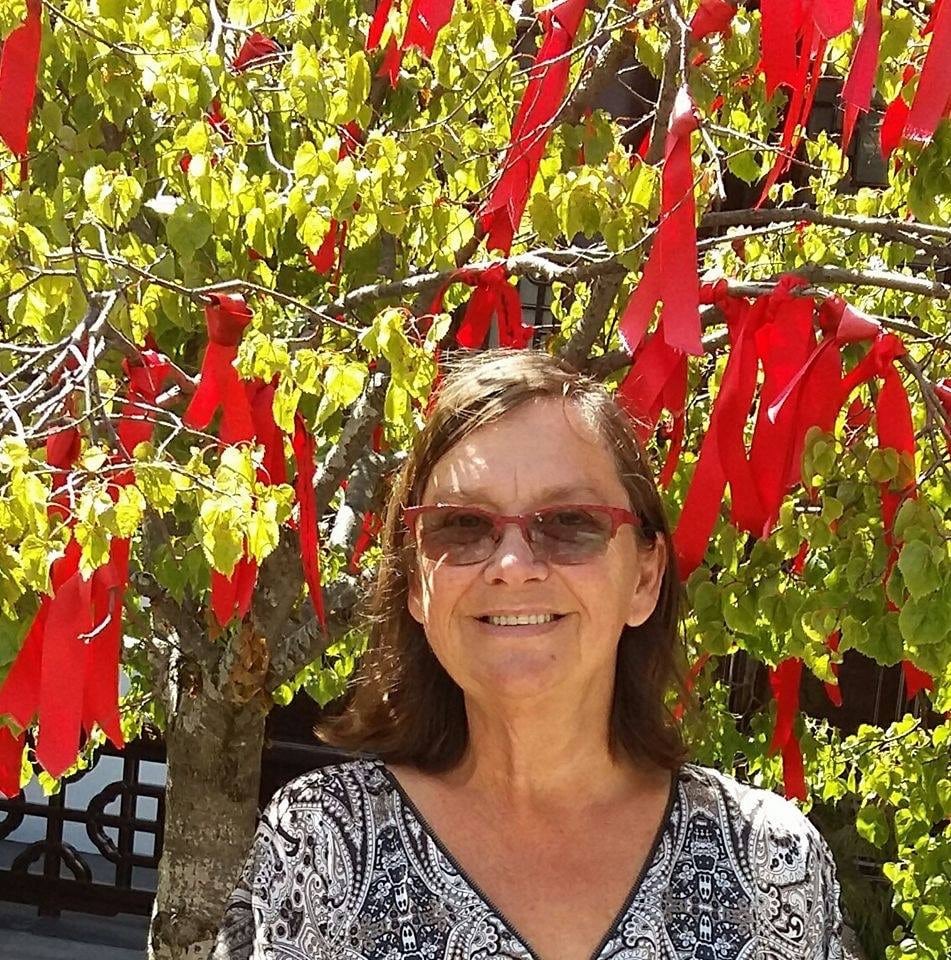

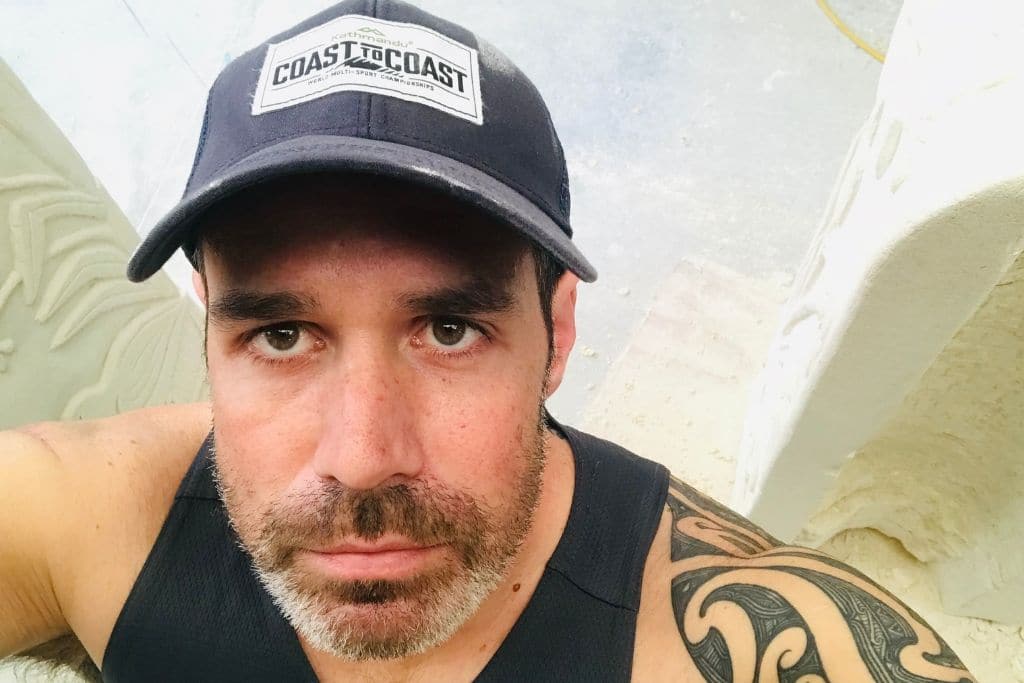

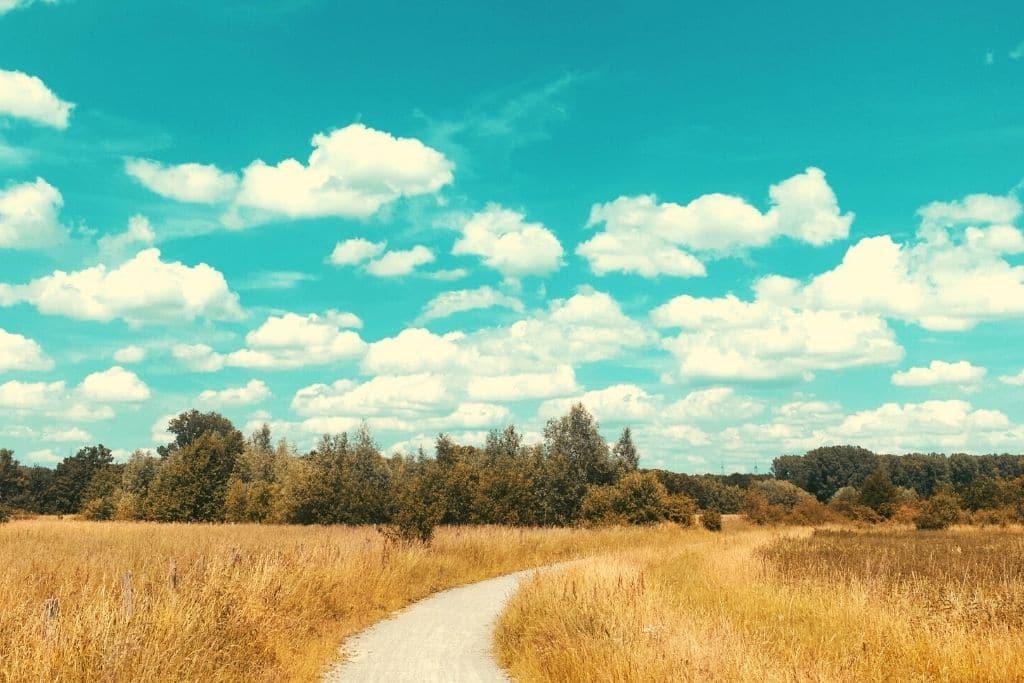
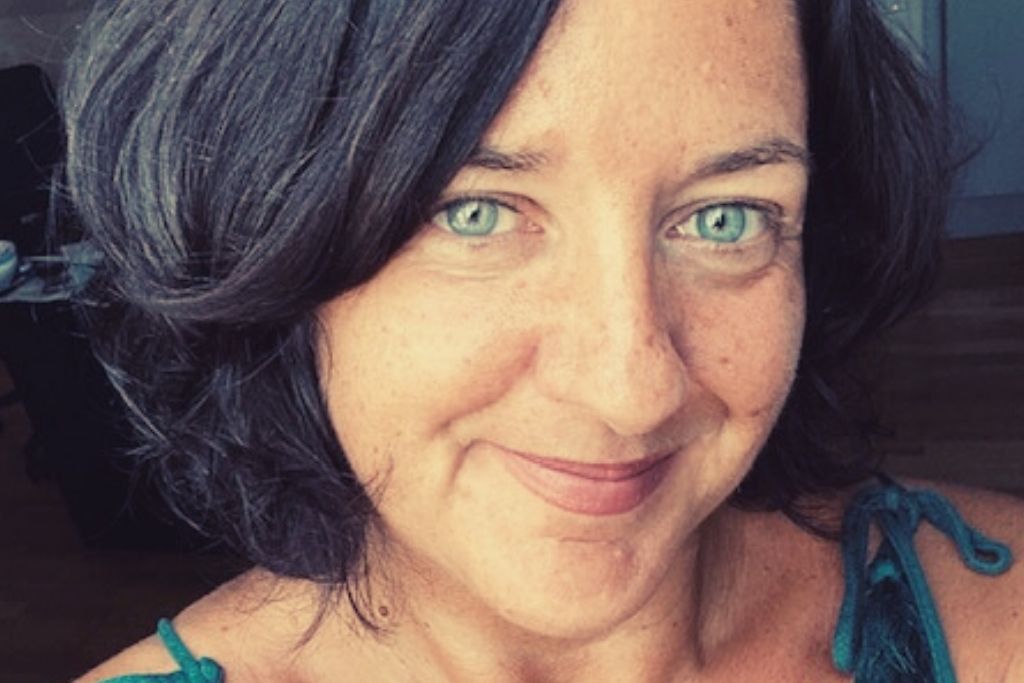
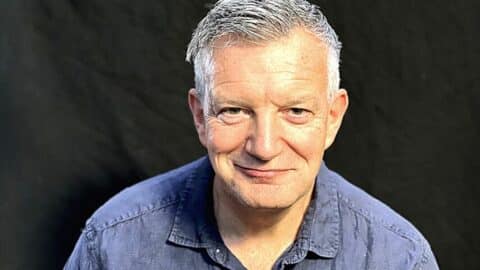



Thank you, David
Thanks for sharing. You have come amazingly d far!
Thank you David, i always want to hear how each person’s journey is different and how it is the same too.
I like that you started your own faction or group or mention a group of AA without god. Kudos on thinking outside the box yet staying sober and doing te work.
Hi David…thanks for sharing your story. I tried the link to check out your website, but it doesn’t work. Traveling to Spain is on our bucket list. Valencia is high on our list to visit. Any tips you can give me would be greatly appreciated…like the best time to visit, what to see, etc. Big congrats on your long-term sobriety, my husband has 15 years, I am coming up on 4 years.
Paying it forward…..I love that. Taking the opportunity to help other’s to achieve their aims. Another awesome story of courage because we all know what a huge effort it takes to get to where we are and where we want to go on this sober journey. Thanks David.
Hi David! Thanks for sharing your story! I think the concept of a ‘higher power’ keeps some people away from AA – I like the sound of the book you wrote! Amazing how you’ve turned your life around. That sounds like bliss (and what I’d like to be doing at 65) – travelling and writing! All the best, : )
Thanks for sharing your story xx